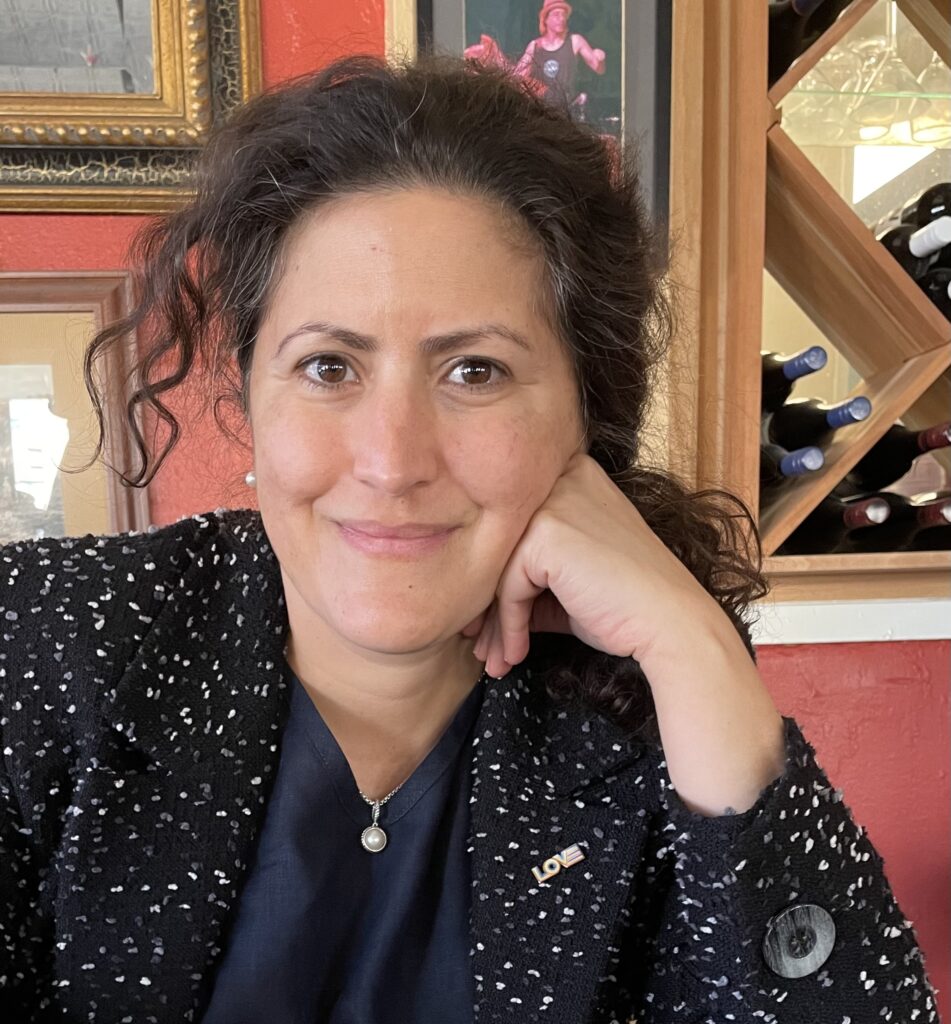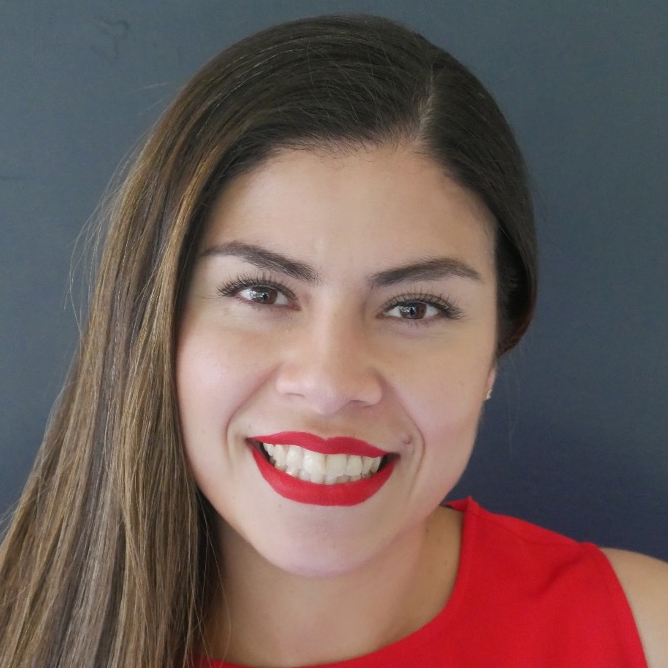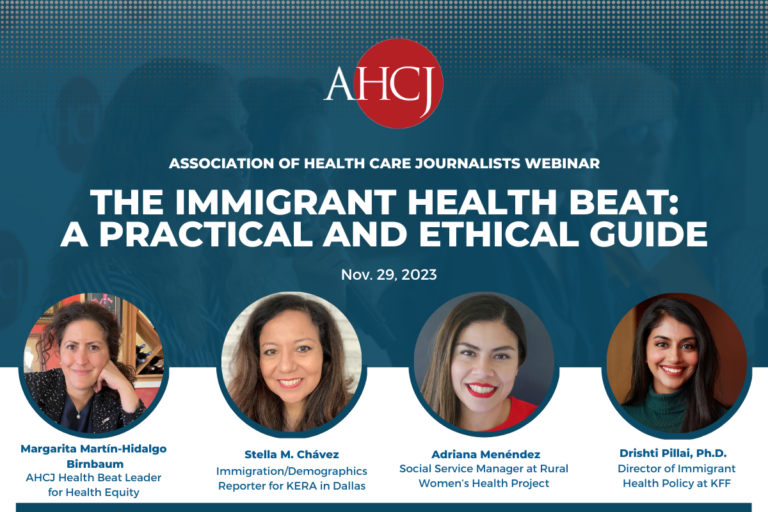This webinar was recorded on November 29, 2023.
Immigrants, who make up 14% of the U.S. population, are not inherently less healthy than their native-born counterparts. But research shows that their health deteriorates the longer they live in this country.
One of the main reasons is that there are barriers to accessing care, in part due to lack of English proficiency and lack of health insurance. Non-citizen immigrants tend to work in low-wage jobs that don’t offer this benefit.
In this webinar, Margarita Martín-Hidalgo Birnbaum, AHCJ health manager for health equity, spoke with KERA immigration reporter Stella M. Chávez, the project’s social services manager Rural Women’s Health Director Adriana Menéndez and KFF Immigrant Health Policy Director Dristi Pillai, PhD, on immigrant health and the ethical issues journalists should be aware of when covering the topic. For example, foreign-born people from the same country may have different socioeconomic backgrounds and legal immigration statuses. Journalists who interview undocumented immigrants should be conscientious about the legal consequences their sources may face if they use their names or images in their reporting.

Margarita Martín-Hidalgo Birnbaum is AHCJ’s Health Leader for Health Equity and an independent journalist based in Dallas. Over the years, her health stories, as well as crime and other topics she covered early in her career, have appeared in WebMD, American Heart Association News, The Dallas Morning News, The Miami Herald and Reuters. Fluent in English and Spanish, Birnbaum is also an interpreter and translator. Her personal and professional experiences living and working in the United States and several Central American countries have informed her work reporting on trends in health disparities among racial and ethnic groups in the United States.

Stella M. Chavez covers immigration for KERA, NPR’s member station in Dallas. In 2019, she broke a national story regarding a large-scale immigration raid on a tech repair company in Allen, Texas. She also reported on the Uvalde school shooting and the mass shooting at an El Paso Walmart. Previously, she covered education and produced several multi-part projects, including “Generation One” about immigrant students in North Texas and The Race to Save Failing Schools about schools trying to meet state academic standards.
Before joining public radio, Chavez spent nearly 13 years as a daily reporter for The Dallas Morning News, The South Florida Sun-Sentinel in Fort Lauderdale, Florida, and The Ledger in Lakeland, Florida.
She has received several national and state awards, including a 2021 Investigative Reporters & Editors Award for the collaborative series: “Hot Days: Heat’s Mounting Death Toll on Workers in the US” In 2007, she received the Livingston Prize for Young Journalists in the realm of national reporting for “Yolanda’s Crossing,” a seven-part series that recreates the journey of a young victim of sexual abuse from a village in Oaxaca, Mexico, to Dallas.

Adriana Menendez is the head of social services at Rural Women’s Health Project in Gainesville, Florida. In this role, she manages the day-to-day operations of Project Salud, a referral line serving the needs of the Spanish-speaking community. She collaborated with health care providers, legal experts and social service agencies to expand the network of resources available to callers. Menéndez is an advocate for language access for minorities, emphasizing the importance of inclusiveness and cultural sensitivity in service delivery.

Drishti Pillai, Ph.D., is director of immigrant health policy at KFF. In this role, she oversees data and policy analysis on health care access trends and issues among this population, with a focus on health equity.
Prior to joining KFF, Dr. Pillai was a research director at National Asian Pacific American Women’s Forum and faculty member at George Washington University, where his research focused on public charge rules, population differences in access to maternal and child health services, and access to government programs such as the Supplemental Nutrition Assistance Program (SNAP).
Dr. Pillai holds a bachelor’s degree in psychology from The Ohio State University, a master’s degree in public health from Emory University, and a Ph.D. in public policy from George Washington University.
Analyzes published by Dr. Pillai at KFF include:
